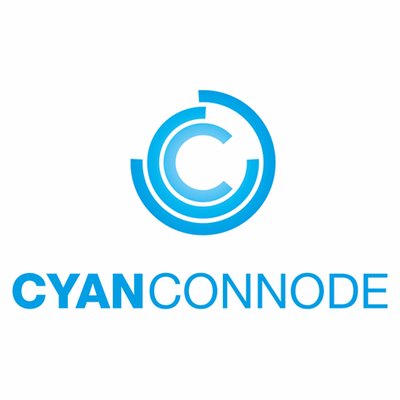In a recent discussion with Asia Business Outlook, Manish Kothari, Senior Vice President of Silicon Labs, shed light on various challenges faced by IoT operators, especially in regions with infrastructure limitations. With a strategic and innovative approach backed by over 60 patents, Kothari expressed his vision for how IoT deployment could overcome these obstacles, particularly in India’s rapidly digitalising landscape.
India’s infrastructure faces issues like inconsistent network connectivity and inadequate data management, which impede the effectiveness of IoT deployment. Addressing these reliability concerns, Kothari drew a comparison with how cellular technology bypassed landline constraints in the past, crediting the success of providers like Jio and Airtel. He pointed out that Silicon Labs’ wireless IoT initiatives aim to provide similar transformation, asserting that wireless technology can reduce reliance on wired infrastructure, offering a solution for homes, industries, and healthcare environments across the country. Wireless technology is seen as instrumental in bolstering India’s development, much like mobile networks transformed telecommunications.
Kothari also highlighted data privacy and security as core issues, especially given the rise in scams targeting India’s digital users. The extensive use of digital platforms, such as the Unified Payments Interface (UPI), has become both a tool for economic growth and a potential vulnerability for data breaches. Data security is now a top priority for both consumers and IoT device makers. Silicon Labs, in response, has introduced a security suite called Secure Vault, designed to protect sensitive information and foster user trust. According to Kothari, security serves as a distinguishing feature in IoT products, one that developers cannot afford to overlook as digital adoption continues to grow.
The regulatory landscape in India also poses certain challenges, with varying standards and fragmented policies impacting IoT growth. Despite these hurdles, the country has made significant progress in establishing technology standards and protocols. Kothari mentioned the government’s smart metering initiative, which illustrates this progress by encouraging the adoption of smart meters through competitive wireless standards. Specific technologies like the Wison protocol have gained approval from the Bureau of Indian Standards, setting a foundation for unified practices. Looking forward, a sustained focus on data privacy and security is crucial. India could benefit from an India-specific policy, aligning national standards with global regulations to promote further growth and simplify compliance processes.
Interoperability across devices and platforms remains a key challenge within the IoT sector. Here, the Matter protocol emerges as a solution designed to facilitate seamless communication between diverse IoT devices. Beyond enabling interoperability, Matter simplifies device setup, enhances reliability, and reduces latency, which ultimately improves user experience. Built on IP standards, it also leverages robust security protocols, making it an appealing choice for developers aiming to create more secure IoT applications. Kothari noted the importance of Matter in driving interoperability, with Silicon Labs launching ready-to-use products like Matter over Thread and the forthcoming Matter over Wi-Fi system-on-chips, which are expected to address interoperability challenges effectively.
For IoT to flourish in India and other Asian markets, Matter’s adoption faces certain obstacles, including memory size limitations, power consumption, and the time required for users to adapt to this new technology. However, Matter’s focus on security stands out as a compelling advantage, potentially driving demand among consumers and stakeholders. Addressing these technical challenges, such as memory optimisation and power efficiency, could further propel Matter’s growth. Expanding Matter’s application range, currently limited to device types like appliances, lights, motors, switches, and locks, could also widen its appeal and usage.
As Matter’s adoption grows, support from the Indian government, particularly in promoting security standards, could accelerate IoT’s market penetration. The collaboration between Silicon Labs and the wider Matter community remains committed to enhancing device compatibility, ensuring that security and interoperability continue to drive interest and innovation in the IoT ecosystem.
CyanConnode Holdings plc (LON:CYAN) is a world leader in the design and development of Narrowband RF mesh networks that enable Omni Internet of Things (IoT) communications.


